Squirrels are adorable, energetic little creatures, but when it comes to your garden or indoor potted plants, their antics can quickly turn frustrating. These clever critters love digging in the soil, uprooting bulbs, and sometimes even nibbling on leaves and flowers. If you’ve noticed your potted plants disturbed, soil scattered everywhere, or damage to your carefully nurtured greenery, squirrels are likely the culprits.
The good news? There are numerous humane and effective ways to keep squirrels away from your potted plants without harming them. In this article, we’ll explore why squirrels invade your plants, the damage they can cause, and a range of strategies—both natural and practical—to safeguard your plants while keeping squirrels at bay.
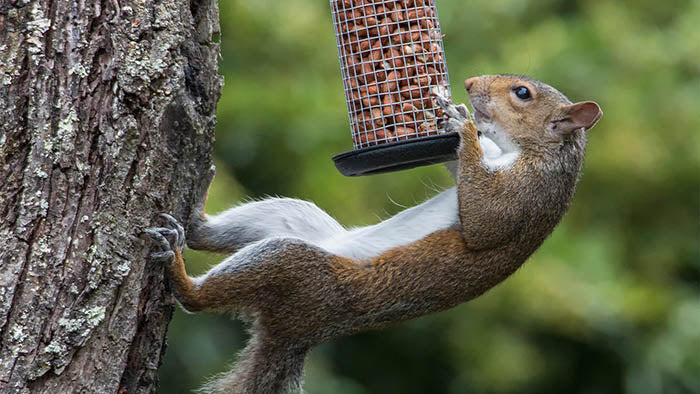
Why Do Squirrels Dig in Potted Plants?
Before diving into solutions, understanding squirrel behavior helps tailor your approach.
- Foraging and Food Storage: Squirrels often bury nuts and seeds in pots to store food. Sometimes, they dig up bulbs or soil in search of hidden snacks.
- Nesting Material: They may uproot plants or dig soil to collect nesting materials.
- Curiosity and Playfulness: Squirrels are naturally curious and playful, so the loose soil in pots makes an appealing digging playground.
- Attraction to Moisture and Shelter: Potted plants can provide a cool, moist spot that attracts squirrels, especially in dry or hot weather.
Knowing these reasons allows you to tackle the root causes and protect your plants more effectively.
The Damage Squirrels Can Cause to Potted Plants
- Uprooted Plants and Flowers: Digging disturbs roots and can kill delicate plants.
- Soil Mess: Scattered soil can create a mess indoors or on patios.
- Damaged Bulbs and Seeds: Squirrels often dig up bulbs and seeds you’ve planted.
- Chewed Leaves and Stems: Some squirrels may nibble on softer plant parts.
- Stress to Plants: Frequent disturbances can stress plants, making them prone to disease and poor growth.
Protecting your plants means preventing these disruptions while maintaining a squirrel-friendly environment elsewhere.
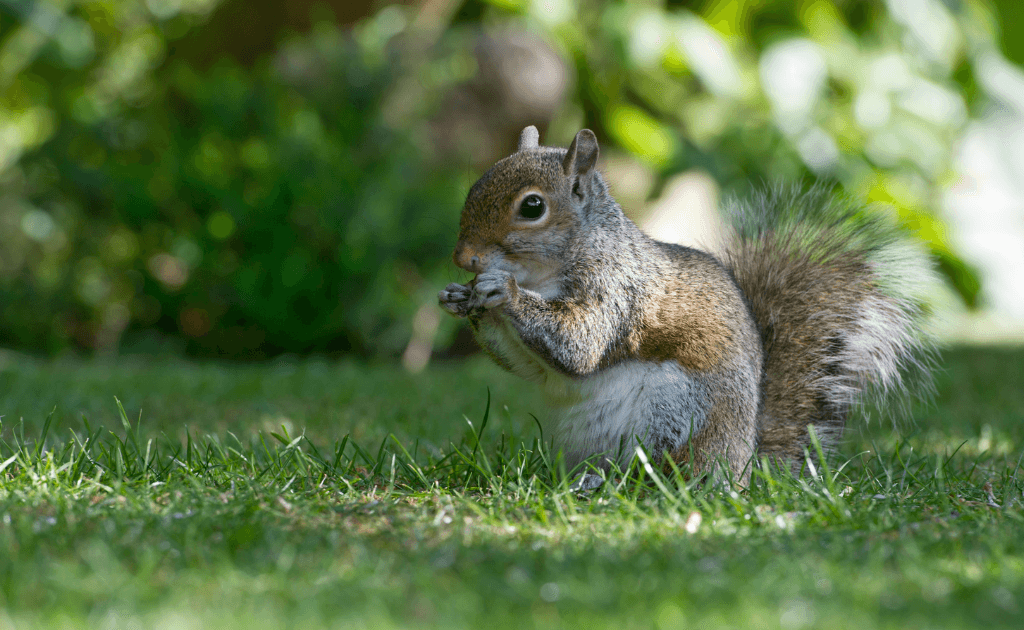
How to Keep Squirrels Out of Potted Plants: Practical and Humane Strategies
1. Physical Barriers
One of the most reliable methods to protect potted plants is by creating physical obstacles squirrels can’t bypass.
- Wire Mesh or Hardware Cloth: Place a layer of fine wire mesh over the soil surface. This prevents squirrels from digging but still allows water and air to reach roots.
- Chicken Wire or Garden Fencing: Wrap or surround your plants with chicken wire or fencing to keep squirrels away.
- Plant Covers or Cloche: Use garden cloches, plastic domes, or decorative cages over plants.
- Terracotta Pot Inversion: For small pots, place an inverted terracotta pot with holes punched in over the plant.
These barriers are effective without harming the animals, simply discouraging their access.
2. Repellent Scents
Squirrels have sensitive noses and dislike certain smells. You can use natural repellents safely around your plants:
- Peppermint Oil: Soak cotton balls in peppermint oil and place them around your pots. Refresh weekly.
- Garlic or Onion Spray: A homemade spray made with garlic or onion can deter squirrels.
- Chili Powder or Cayenne Pepper: Sprinkle lightly on soil (avoid harming plants). The spicy scent repels squirrels.
- Vinegar Solution: Spray diluted vinegar around plant areas. Reapply after rain.
Always avoid spraying directly on plants if you’re unsure of tolerance, and keep these repellents away from pets.
3. Noise and Movement Deterrents
Squirrels dislike sudden noises and motion. You can install:
- Wind Chimes or Bells: Their movement and sound can startle squirrels.
- Motion-Activated Sprinklers: These emit a quick burst of water when triggered, gently deterring squirrels.
- Ultrasonic Repellents: Devices that emit high-frequency sounds uncomfortable for squirrels but inaudible to humans.
These methods work well in outdoor settings and keep squirrels wary of your pots.
4. Distraction Techniques
Sometimes the best way to protect your potted plants is to give squirrels something else to focus on.
- Feeders and Nut Stations: Place a squirrel feeder away from your garden with nuts and seeds. If squirrels have an easy food source, they’re less likely to dig in your pots.
- Provide Alternative Digging Areas: Create a dedicated digging sandbox or patch of soil with buried nuts to satisfy their natural behavior.
By meeting their needs elsewhere, you reduce the temptation to invade your plant pots.
5. Plant Squirrel-Repellent Plants
Certain plants naturally repel squirrels due to their scent or taste:
- Daffodils: Toxic and unappealing to squirrels.
- Alliums (Onions, Garlic): Strong scent keeps squirrels away.
- Fritillaria: Their smell is disliked by rodents.
- Rue: A traditional squirrel deterrent plant.
Interplanting these near your pots can discourage squirrels from lingering in the area.
6. Keep Your Area Clean
Squirrels are attracted to gardens and patios where food scraps or fallen nuts linger.
- Regularly clean up fallen fruit, nuts, and birdseed.
- Keep trash cans sealed.
- Avoid leaving pet food outside overnight.
A tidy garden reduces squirrel attraction to your plant area.
7. Use Mulches that Deter Squirrels
Mulch can both protect plants and discourage digging:
- Sharp Mulches: Pine cones, holly leaves, or nutshells create an uncomfortable digging surface.
- Heavy Mulch: Larger bark chips or stones can make digging physically harder.
Avoid light, fluffy mulches that squirrels can easily move.
8. Training and Consistency
If you catch squirrels in the act, gentle discouragement helps:
- Spray water with a garden hose when they dig to startle but not harm them.
- Use noisemakers or clap hands to scare squirrels away.
- Over time, they learn your pots are “off limits.”
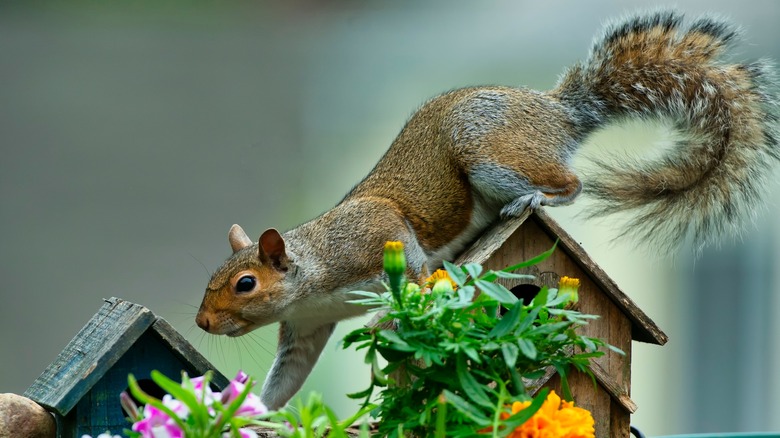
What Not to Do: Avoid Harmful Methods
- Avoid Poison or Traps: These are cruel and can harm other wildlife or pets.
- Don’t Use Sticky Substances or Chemicals: These can injure squirrels and damage your plants.
- Avoid Loud Explosives or Harmful Deterrents: They stress animals unnecessarily and may cause community issues.
Humane and environmentally safe methods keep your garden balanced and wildlife-friendly.
Bonus Tips: Caring for Your Potted Plants After Squirrel Visits
If squirrels have already disturbed your pots:
- Replant Uprooted Plants Immediately: Press soil firmly around roots and water well.
- Replace Missing Bulbs or Seeds: Replant quickly before squirrels try again.
- Use Fresh Soil if Contaminated: If soil is heavily disturbed, replace the top layer.
- Add Fertilizer: Help stressed plants recover faster.
- Inspect for Damage: Remove damaged leaves or stems to prevent disease.
Healthy, well-cared-for plants recover faster and deter further squirrel interest.
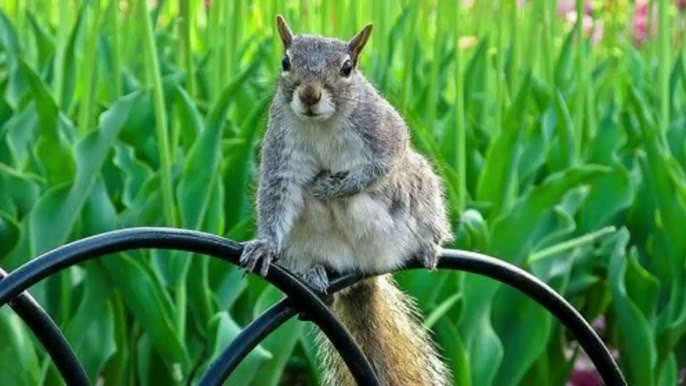
Conclusion
Squirrels may be delightful to watch from a distance, but their enthusiasm for digging can wreak havoc on your potted plants. By understanding their behaviors and using a combination of physical barriers, natural repellents, distractions, and smart planting strategies, you can protect your plants effectively and humanely.
Remember, patience and consistency are key. It may take some trial and error to find the perfect mix of methods that work in your garden. But with these tips, you can enjoy thriving, beautiful potted plants — squirrel-free!

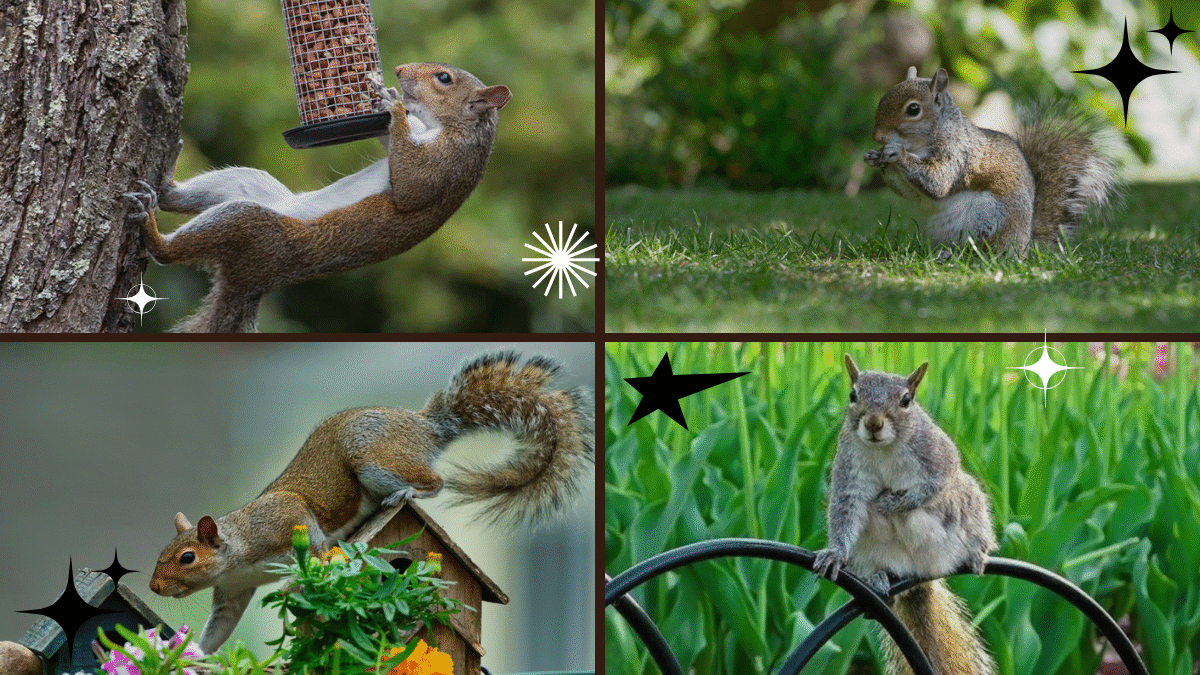
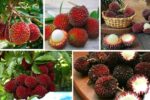
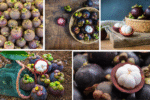

Leave A Comment